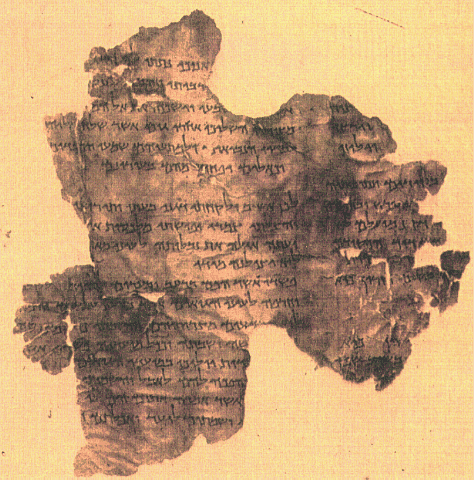Sermon Title:
Are You Qualified?
| |
You probably do not have the Flash Player installed for your browser!
|
|
|
| Hosea 9:9-12
(Part1) |
Numbers 25:1-9 (Part2) |
Matthew 7:21-23 (Part3) |
| Exodus
19:4-6 (Part1) |
Deuteronomy
4:1-8
(Part2) |
1 John 1:9 (Part3) |
| Hosea 9:10
(Part2) |
Hosea 9:10-12 (Part3) |
|
Many of us who are believers
and disciples of Jesus Christ, often find ourselves in
the midst of storms. We often ask why
we are in these storms. God reminds us that He finds us
to be qualified to go through the storms to glorify Him
and as witnesses
for Him.
Let us not forget how God dealt with the northern 10
tribes of Israel when they chose not to accept God's
covenants
and His assignments to glorify Him. God wanted His
people qualified for His work and His rewards. Instead
they rejected Him
and His goodness. The storms and destruction they
experienced were for punishment and not because they
were qualified to
do God's work. So, are your storms because God finds you
qualified or are they for your punishment, because you
reject Him?
Ask God, He will answer. |
| |
|
| Verses Referenced during the Sermon |
| Numbers
Chapters 23 - 25
(Part2) |
Revelation
14:1-5
(Part3) |
|
|
 |
Parchment - Copied late first
century B.C.E.
Height 17.5 cm (6 7/8 in.), length 16.8 cm (6 5/8 in.)
Courtesy of the Israel Antiquities Authority
Known as "The Hosea Commentary
Scroll" was first published by J. Allegro as the fifth
volume of the official publication series, "Discoveries
in the Judaean Desert." |
|
| |
| Traditional 12 Tribes Of Israel |
| Reuben |
Issachar |
Naphtali |
Benjamin |
| Simeon |
Zebulun |
Gad |
Joseph |
| Judah |
Dan |
Asher |
Levi |
|
| 12 Tribes (according to allotment of
land) |
| Reuben |
Issachar |
Naphtali |
Benjamin |
| Simeon |
Zebulun |
Gad |
Ephraim (Son of Joseph) |
| Judah |
Dan |
Asher |
Manasseh (Son of Joseph) |
Levites being priest
were not allocated land, except a number of cities located
within the territories of the other tribes.
(Joshua 14:3). Jacob elevated the descendants of Ephraim and
Manasseh (the two sons of Joseph by his Egyptian wife Asenath)
(Genesis 41:50) to the status of full tribes in their own right,
replacing the Tribe of Joseph (Joshua 14:4). |
Israel was divided during the reign of Rehoboam (son of Solomon
960s BCE). Israel (Northern Kingdom) rejected Rehoboam as their
king. Ten tribes formed the
Northern Kingdom: the tribes of Reuben, Issachar, Zebulun, Dan,
Naphtali, Gad, Asher, Ephraim,
Simeon and Manasseh. In addition, some
members of Tribe of Levi, who had no land allocation, were found
in the Northern Kingdom. The Tribes of Judah and Benjamin
remained loyal to Rehoboam, and formed the Kingdom of Judah (or
Southern Kingdom). Members of the Tribe of Levi, and the remnant
of the Tribe of Simeon was also part of the Southern Kingdom. |
| |
